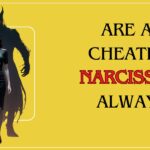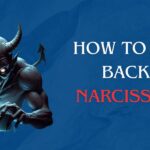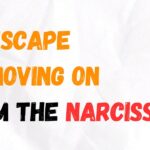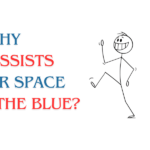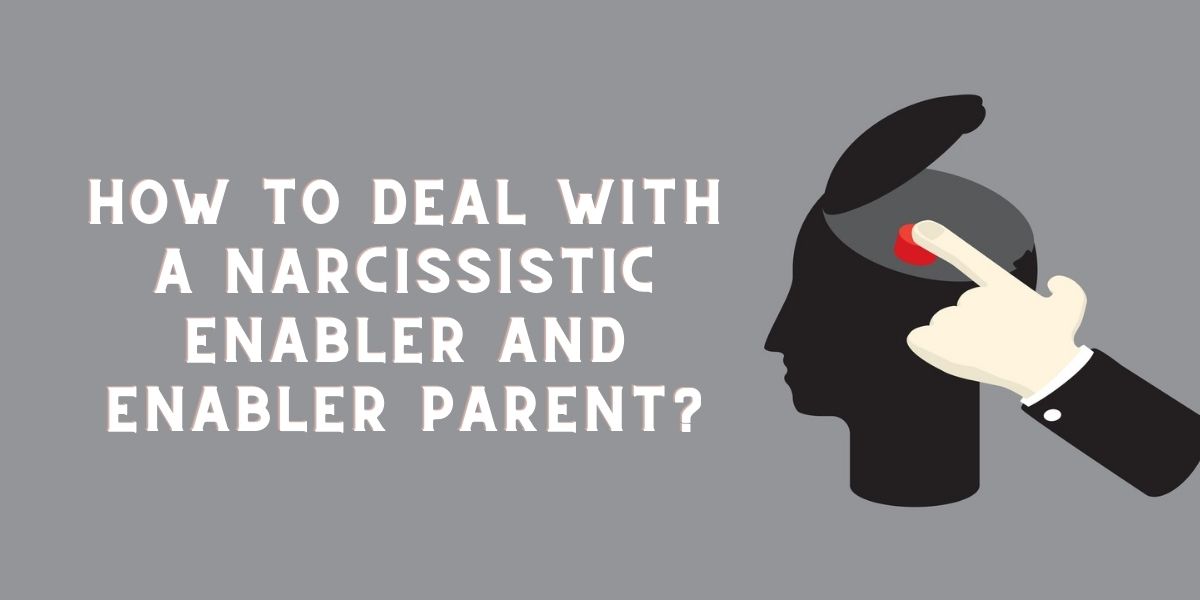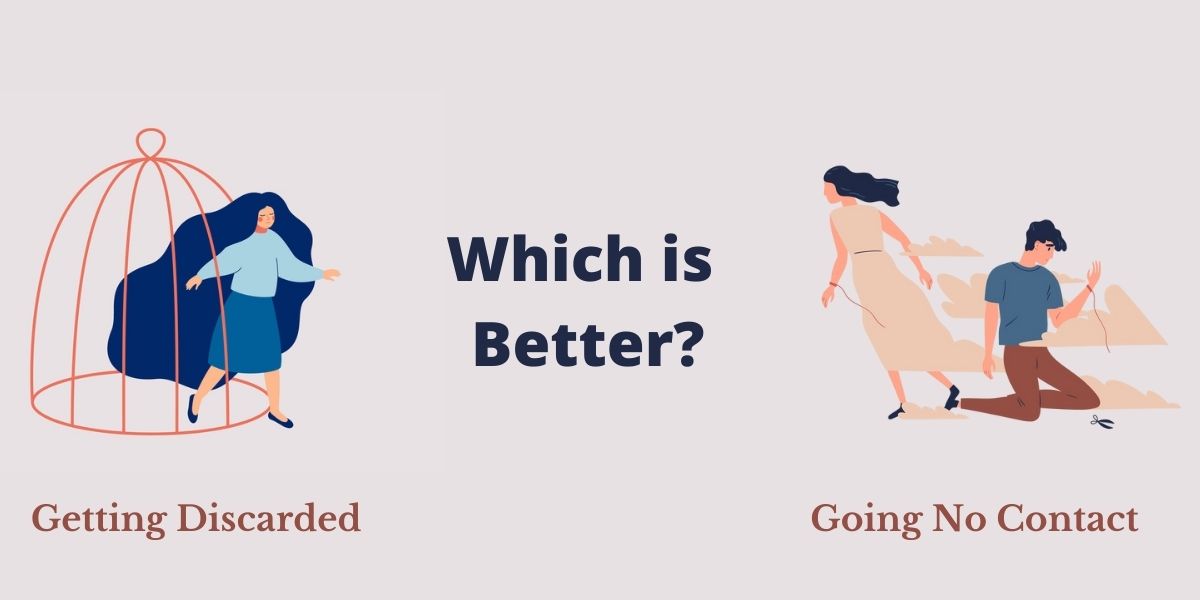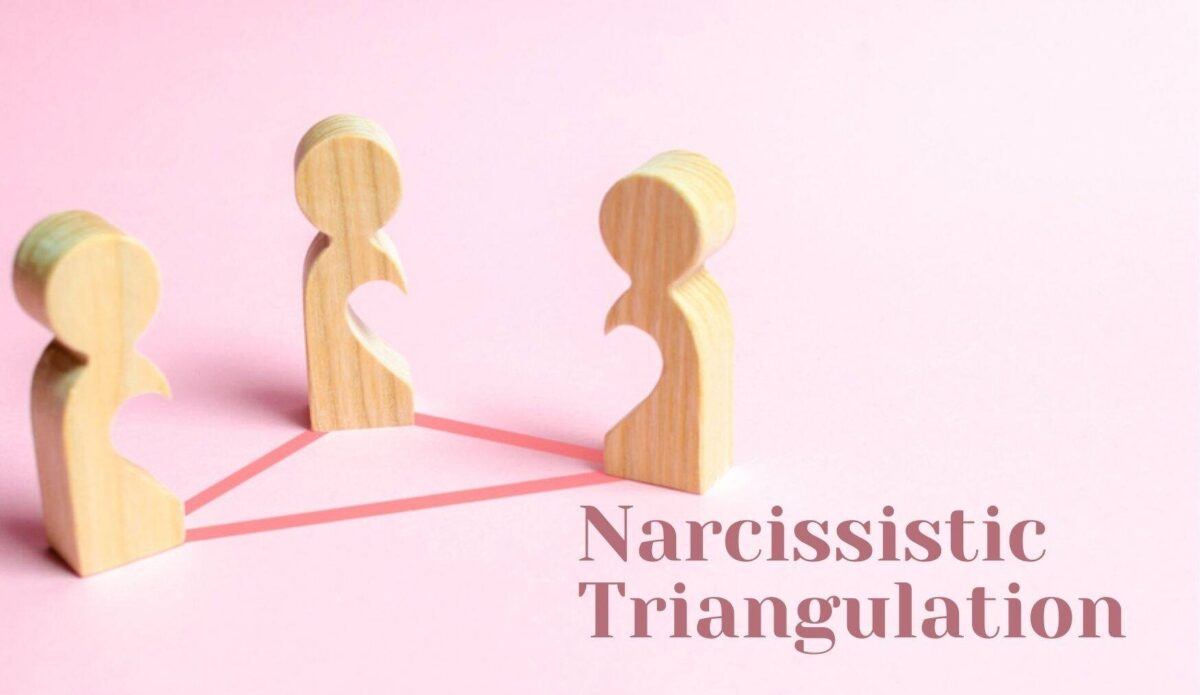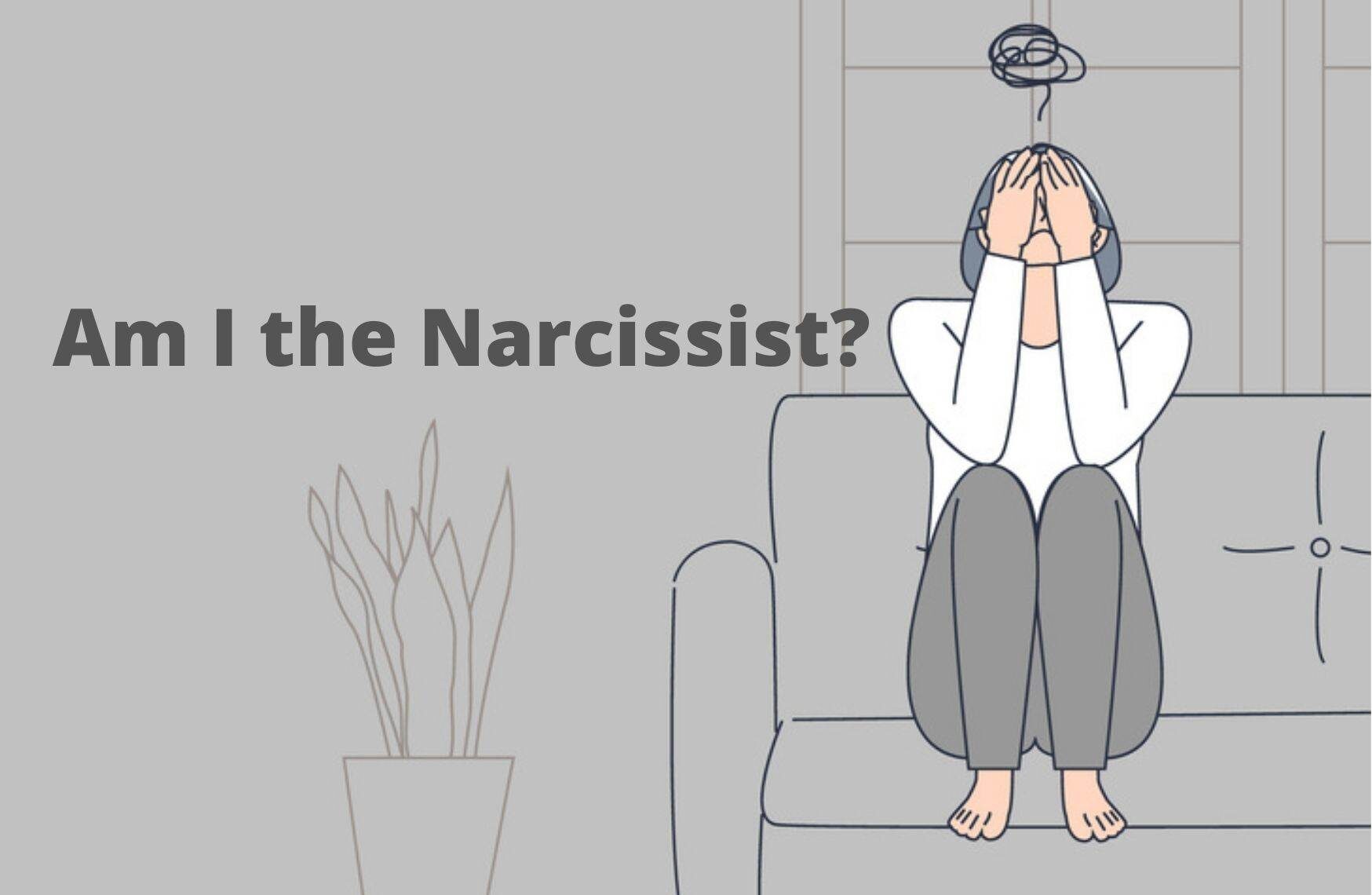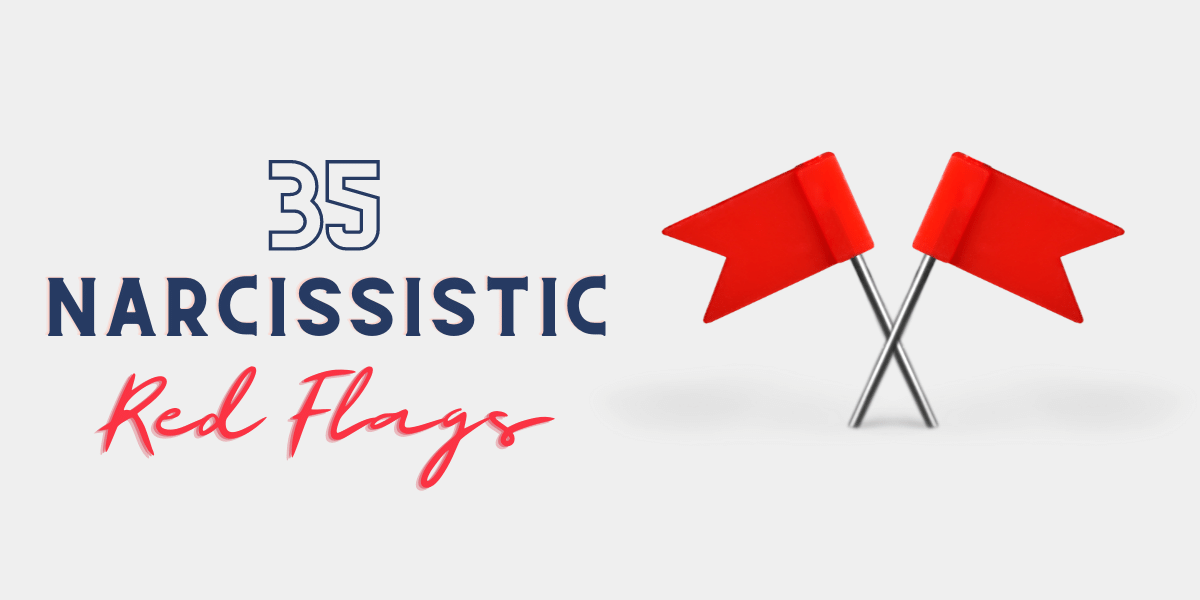
35 Narcissistic Red flags Checklist
Identifying the narcissist at an earlier stage is not something that always happens. Survivors wish they knew about the red flags of the narcissist earlier and avoided the narcissist. But it isn’t that easy to find snakes in the forest, isn’t it? This article lists the narcissistic red flags for you to resemble your past, learn in the present, and be ready for the future. Red flags of a narcissist are often neglected by the people’s ignorance and love for the person. The one who ignores the red flags is the one who gets trapped in an abusive relationship. Since narcissists are masters at manipulating you and hiding their noxious secrets, ignoring the red flags isn’t your fault. Apart from all that, you are now looking for solutions, learning about narcissism, and healing from those abusive experiences. Let’s spread awareness about the narcissistic red flags and help the community avoid narcissists. What are narcissistic red flags? For people who wonder what this is, Narcissists cannot hide their true selves forever, and so, within the time being, their behavior will get exposed either by themselves or through the circumstances. Knowing about narcissistic red flags will help you indicate the narcissist far quicker and evade an abusive relationship. What are the red flags of a narcissist? We are delving into several red flags you probably encountered before or may experience in the future. So, take note or download the narcissistic red flags checklist given below to refer to it throughout your life. Just a reminder, if you find any narcissistic red flags here relevant to what you have experienced, feel free to vent it on the comment section. This platform is for you to vent out your emotions. Let’s share our thoughts and help the community. Note the red flags given in this article, analyze the person, and note it on the checklist if you have doubts like “Am I dating a narcissist?” “Are my parents narcissists?” “Why am I getting traumatic experiences around the people I love?” “Are my friends toxic?” 1. The look of Narc’s friends on you Narcissists most likely don’t bring their friends to your life. But if they tend to do, the narcissist probably wants to exhibit their socializing skills. On such occasions, narcissists’ friends’ eyes will tell stories about your narc’s past. It’s not the eyes of the narc’s friends that hate you but surprisingly, they see you in a pitying manner. If you looked closely, you could feel the doubts in their mind, like, “How does she even end up with him?” You know that they knew something about your Narc partner, and that is how the friends of narcissists are. 2. Have very low to zero friends There are different types of narcissists but possess similar abusive patterns. The only difference is their personality and red flags. The grandiose and malignant narcissists usually have more friend circles to get the center of attention between others. But covert or vulnerable narcissists keep their traits hideous by having no one around them. Such narcissists treat their friends so badly that no one wishes to stick with them. Even though they claim to have friends, they won’t let you interact with them. If you tried to interact, you could feel that the friends are not even close and rarely even acquaintances. 3. Doesn’t like your friends Narcissists hate the victim with support. So, they manipulate you to give full attention to them, leaving your friends behind. They often refuse to interact with your friends and project them as toxic ones. Narcissists fear your friends’ questioning eyes and get anxious knowing that you have external support. 4. Double standards for the friends of the opposite sex Narcissists are very good at triangulating people and playing with their emotions. They intentionally introduce someone of their opposite sex and make you feel jealous. But in your case, you just cannot even introduce a genuine friend of the opposite gender to the narcissist. If that happens, the narcissist will try to project you as a cheater by saying, “Oh, who’s that guy you are close with? Are you planning on cheating me?” “You are flirting with her like she’s your girlfriend.” Narcissists do this as they want them to be the only opposite gender you must rely on. This is one of the crucial narcissistic red flags to notice; otherwise, they would spoil your whole friend circle of yours. Read: Are Cheaters Narcissists? 5. Never hangouts with your people If you are in a relationship, you are probably dreaming of a future with your partner, and that’s what love is. But narcissists do not see any future with you despite seeing you as a controlling toy. So, engaging with your people can lead to trouble in the future. To avoid this, narcissists avoid hanging out with people close to you, especially your family. So remember this red flag, One who is not ready to meet your people does not wish your life to be good either. 6. Dislikes anything you like When you start dating a narcissist, it looks like everything goes as you intend to be. They resonate with whatever you like and project it as you both have a lot in common. But in time, the red flag will appear right in front of you. The narcissist will always dislike anything you like; for example, if you like a popular show and so does everyone, the narcissist won’t. The narcissist will ask you to change your perceptions to what they like; otherwise, they refuse to spend time with you. This act of the narcissist is to test their control over you, especially at the beginning of the abuse. (Mention what your narcissist likes in you at first but dislikes later in the comments). 7. Monologues about themselves Narcissists can hide anything…


